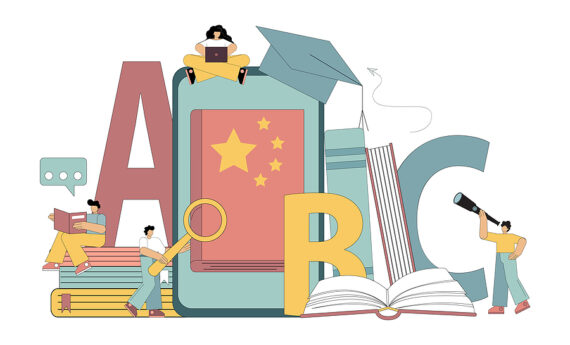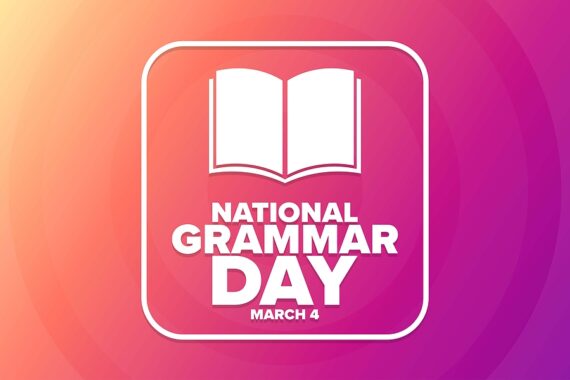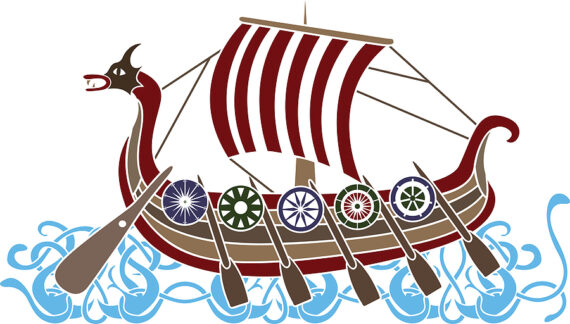The English got their alphabet when Christian monks arrived in the 6th century CE with their Latin alphabet to replace the native runes. Near the end of the 9th century CE, Charlemagne—king of the Franks and Holy Roman emperor—ordered a monk named Alcuin to devise a unified alphabet of letters […]
language
Dictionary Day was October 16th and celebrates the birthday of Noah Webster, considered to be the father of the American dictionary. The Meriam-Webster website says this day celebrates language, emphasizes the importance of learning, and encourages readers to use the dictionary to improve vocabulary. The word “dictionary” was invented by […]
National Grammar Day was first celebrated in 2008 by founder Martha Brockenbrough to promote awareness and understanding of proper grammar. The day’s motto is: “It’s not only a date, it’s an imperative: March forth on March 4 to speak well, write well, and help others do the same!” The way […]
Any language can incorporate foreign words and most have. Simple contact between cultures is all it takes. John McWhorter in The Power of Babel, says “intercultural contact is the very heart of human history, and thus the six thousand human languages are replete with the results of it.” And, he […]
There was no discrete dividing line between Old English, according to John McWhorter in The Power of Babel, which as spoken would have taken days to recognize as related to what we speak, and “English” as we know it. As it happened, Shakespeare wrote in a period (1500s becoming 1600s) […]





